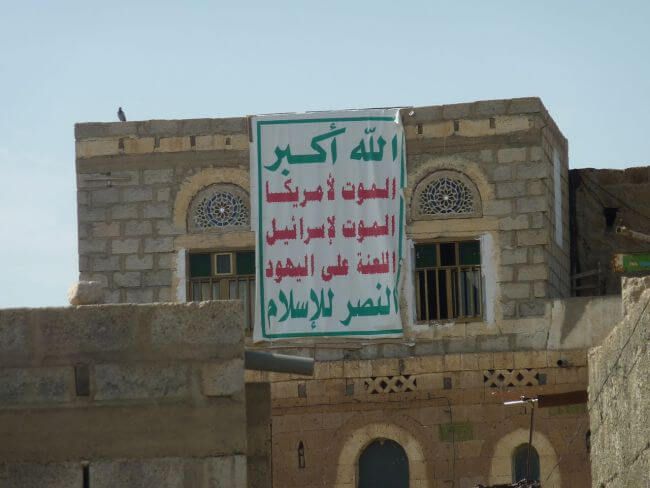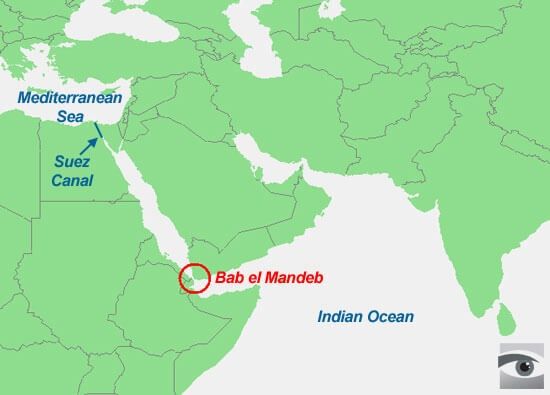It’s shocking that the Washington Post gave an op-ed soapbox to Mohammed Ali al-Houthi, leader of Yemen’s Iranian-backed Houthi rebels. They’re formally known as Ansar Allah (Helpers of God).
Perhaps the Washington Post is ratcheting up its stance against Saudi Arabia following the brutal murder of Jamal Khashoggi, who was affiliated with the Post. The Saudis must be held accountable for what happened in their Istanbul consulate, but giving a soapbox to al-Houthi is not an answer. The “enemy of my enemy is my friend” approach is going to backfire on the Post and mislead its readers. The Houthis are certainly not friendly to journalists.
Join the fight for Israel’s fair coverage in the news
As press predators go, the Houthis would rank up there with Khashoggi’s killers.
We’re talking about an organization responsible for the death of Yemeni journalists Eissa Abad and Anwar al-Rakan who were last seen alive at Houthi checkpoints. Another three disappeared at another checkpoint in July.
We’re talking about an organization accused of rocket attacks deliberately targeting journalists — most recently in April, when photographer Abdullah al-Qadry was killed and three other journalists were injured.
We’re talking about an organization that restricts journalists in the Yemeni areas it controls.
We’re talking about an organization accused of sending children into battle, using banned anti-personnel mines, indiscriminately shelling civilians and embedding itself in proximity to United Nations aid workers, effectively turning them into human shields.
All of those incidents were in 2018 alone.
We’re also talking about an Islamic insurgency whose flag reads “God Is Great, Death to America, Death to Israel, Curse on the Jews, Victory to Islam.”

Israel is keeping a watchful eye on the Yemeni civil war and not just because of the inciting flag. The Houthis have threatened to disrupt international shipping in the Red Sea passing through the Strait of Bab el Mandeb. An Iranian presence at the entrance to the Red Sea would facilitate Tehran’s efforts to smuggle weapons to Hamas in the Gaza Strip by land and by sea.

And in 2016, Israel airlifted Yemen’s remaining Jews who were endangered by advancing Houthi forces. Their departure brought an end to the country’s 2,000-year-old Jewish community.
Yemeni writers took to Twitter to express their anger at the Post.
How can the @washingtonpost allow a Houthi that kills thousands of #Yemen-is, and silences Journalists by killing them, to write an Op-Ed? Is that respectful to journalist rights? Yemeni journalists don’t count to WP.
We are not tools to push your agenda. #ShameOnWP pic.twitter.com/q2tVZueOKp
— Summer Nasser سمر ناصر اليافعي (@ToEducate) November 10, 2018
Yes, even Mohammed Ali al-Houthi is entitled to freedom of speech. But that doesn’t obligate the Post to provide the antisemite with a soapbox. This is simply beneath the paper, and the editors owe readers an explanation.
Featured image: vectors by Vecteezy; Houthi flag via Wikimedia Commons;
Before you comment on this article, please note our Comments Policy. Any comments deemed to be in breach of the policy will be removed at the editor’s discretion.

